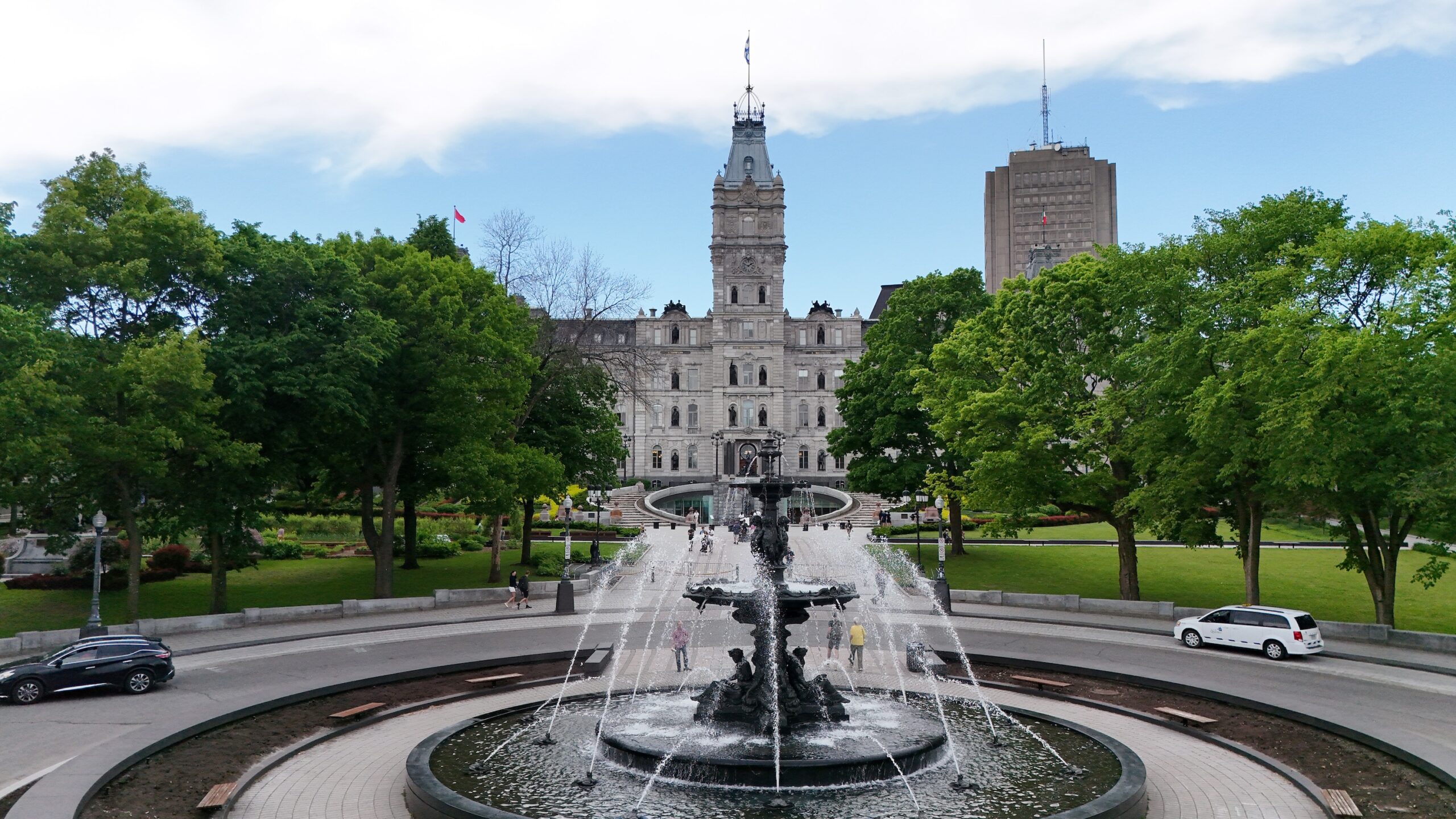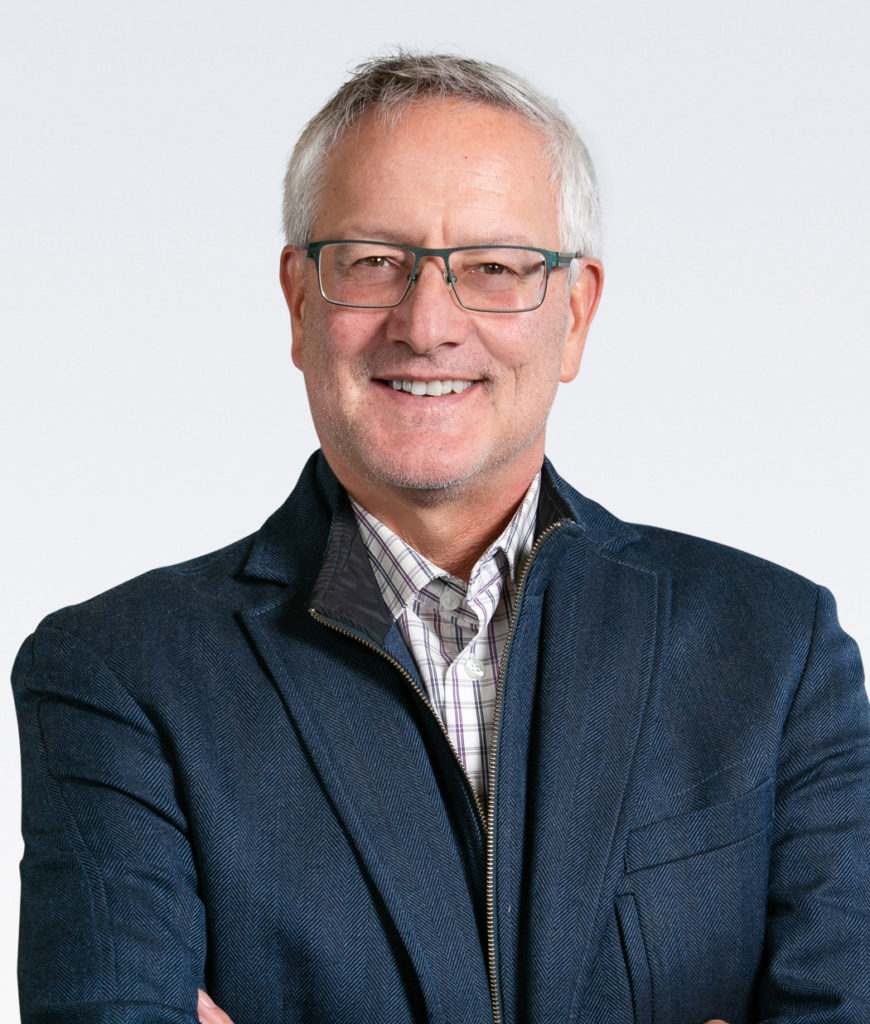Quebec’s National Assembly resumed this week following the unexpected departure of Premier François Legault’s “super-minister” Pierre Fitzgibbon, kicking off the session with a significant change at the cabinet table after a quiet summer. Premier Legault’s shift away from his usual media visibility appears to be a deliberate strategy, as he significantly reduced his public appearances over the summer. It remains to be seen if he will maintain this approach throughout the session.
Recent polling suggests sustained support for the PQ
Although the CAQ gained 3 points this summer, following significant hits to their approval rating over the last year, polling continues to suggest that the Parti Québécois (PQ) have maintained their popularity. Despite only having 4 elected members in the National Assembly, the PQ remains ahead of the CAQ in both popular vote and projected seat count. The departure of Minister Fitzgibbon will force a by-election in the riding of Terrebonne (a suburb of Montréal) this fall. This swing riding will be a battle between the CAQ and the PQ, with some even saying this will serve as a test to gauge whether the PQ could win a general election.

Fitzgibbon out, Fréchette in as party tensions rise
Last week, Quebec’s Minister of Economy, Innovation and Energy, Pierre Fitzgibbon, resigned after facing pressure from Premier Legault to step away from his role. Speculation pertaining to Fitzgibbon’s resignation began in the last session after he admitted he might not complete his mandate. Fitzgibbon and his inner circle had previously confirmed his intention to stay until at least 2026 to oversee the passage and early implementation of the energy reform measures, but it appears that Premier François Legault lost faith in his “super-minister” and requested his resignation earlier than planned.

Christine Fréchette, the former Minister of Immigration, Francization and Integration, is taking over as the new Minister of Economy, Innovation and Energy – one of the most important positions in the current government. In her previous role she frequently challenged the federal government’s immigration policies and is credited with influencing the trajectory of recent measures restricting the entry of newcomers at the provincial and federal level. Around the cabinet table, Fréchette is viewed as a strong minister and has a reputation as a skilled negotiator. She specifically requested the immigration file upon joining cabinet in 2022. Frechette also previously worked in the cabinet of Jean-Francois Lisée (Parti Québécois) and is known for her nationalist views. Jean-François Roberge, the current Minister responsible for the French language will add Immigration, Francization and Integration to his portfolio.
On Thursday morning, the CAQ faced yet another shake-up as MNA Youri Chassin announced his departure from the party. In a critical letter, he urged the CAQ government to get its act together, criticizing the party for relying on the same old approach—throwing money at problems without solving them. Chassin also highlighted the $11B deficit, noting that despite the ballooning budget, essential services like healthcare, emergency rooms, education, and access to affordable housing have become more fragile than ever. The MNA has vowed to finish his mandate as an independent.
Energy reform and decarbonization remain a top priority, despite challenges
Since Fréchette’s appointment as Minister of Economy, Innovation and Energy, opposition parties have called on the CAQ to abandon Fitzgibbon’s energy reform project, Bill-69, and to undertake a national consultation. The study of the bill in the National Assembly kicked off this week with an appearance from Michael Sabia, Hydro-Québec’s CEO, who expressed partial disagreement with Premier Legault’s vision on the decarbonization of industry. Sabia raised concerns related to the Premier and former Minister Fitzgibbon’s focus on companies with higher economic returns. The previous strategy under Fitzgibbon focused disproportionately on supporting large multinational companies at the expense of local companies, according to Sabia. He took the opportunity to highlight the need for a “rebalancing” of priorities relating to energy.
The increased scrutiny of the CAQ government’s broad-sweeping energy reform comes at a time when uncertainty relating to their major clean energy projects is at an all-time high. One of the province’s most prized – and expensive – projects is a clean battery “mega-factory” led by Northvolt. The Swedish company faced challenges in the early days of construction due to backlash from locals and environmental organizations, but has insisted that the project will proceed. Following the announcement of Northvolt’s plan to scale-back their global operations, and an overall downturn in the market for electric vehicles, Premier Legault was questioned on his support for the project by the PQ’s leader. Legault revealed that to date the province has provided $240 million out of the nearly $3 billion in financial support committed to Northvolt, and if construction halts the Premier is prepared to cease payments to the company. Minister Fréchette later stated that she has been reassured by Northvolt that the project will continue.
Labour negotiations and healthcare reform at the forefront
MNAs returning to Quebec City this week were met by nurses and members of the Fédération interprofessionnelle de la santé du Québec (FIQ) protesting outside of the National Assembly. The FIQ has been without a collective agreement for 500 days, and members of the union have threatened to stop working overtime hours as of September 19th.
When questioned on the matter last week, Legault stated that his caucus unanimously agrees that negotiations with the doctors and nurses must continue. In his post-caucus retreat press conference, he told media that “[we] cannot afford to give up. We need to improve access to healthcare, especially in family medicine groups. Our negotiations with the nurses’ union are essential to making this happen. We need more flexibility in working conditions, and it’s crucial to find common ground in these negotiations. Quebecers deserve better access to frontline services, and that’s why these negotiations are a top priority for us.”
Health has been a major focus for the Quebec government during the first half of their current mandate. The CAQ has invested significantly in building capacity in the healthcare system after its shortcomings were exposed by the pandemic. The rollout of reforms under Santé Québec has proved to be a complex task, with controversies relating to appointments and backlash from opposition parties, former premiers, and civil society groups. The Santé Québec management committee and preliminary regulations were announced in summer 2024, and a second report from the transition committee is expected this month. December 1st is the target date for the full integration of Quebec’s health facilities, and in April 2025, the transition team will present their final report – their final task before dissolution.
Opposition dynamics: PLQ and PQ
The race for the leadership of the Québec Liberal Party is set to start in January with four candidates having officially come forward: Frédéric Beauchemin, ex-Montreal mayor Denis Coderre, lawyer Marc Belanger and Charles Milliard, former president of the federation of Quebec chambers of commerce. Over the summer, rumors have also circulated that Federal Transport Minister Pablo Rodriguez is preparing to run for the leadership. This could prove to be an interesting dynamic should he step forward, as discussions within the party about distancing itself from the federal Liberals have intensified. The new leader is set to be elected on June 19th, 2025.
Meanwhile, the Parti Québécois, with its four MNAs, will have a lot on their plate this session. Leader Paul St-Pierre Plamondon outlined five themes for his party to focus on: healthcare, immigration, Hydro-Québec, Northvolt and the CAQ’s $11B deficit. Plamondon also announced some changes to his party’s critic roles and assigned himself the responsibility of immigration, signalling an increased focus on the topic.
Weeks ahead
With the next general election scheduled for October 2026, the CAQ is approaching the halfway point of their current mandate. The government will be focused on delivering on their key priorities and commitments related to health, immigration and decarbonization. It is expected that labour negotiations with healthcare workers, efforts to reduce the number of temporary foreign workers in the province, and the study of Bill-69 on energy reform will be top of mind in the coming months. The legislature will sit until December 6.
Upcoming key dates
- Sitting weeks: September 10th to December 6th, 2024
- Intensive session period: November 26th – December 6th
- Winter break: December 7th – January 27th, 2025
- Next election (fixed date): October 5th, 2026


